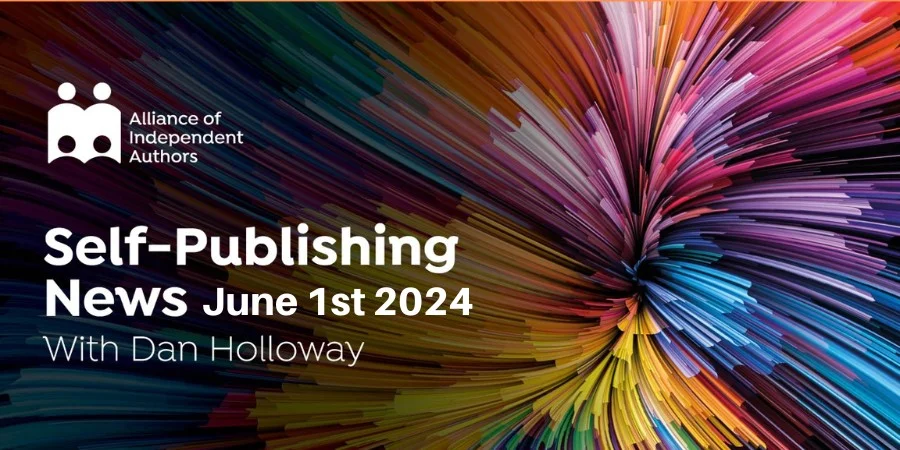
ALLi News Editor, Dan Holloway
If a week is a long time in politics, then in the world of technology, Facebook's AI policy sparking controversy among creatives might as well be “living memory.” This means we’re going back to the times of the sagas since we last ran a story on AI. I didn’t even run a story when the whole furore following the launch of ChatGPT-4o (which I did cover) broke as Scarlett Johansson spotted that the voice of the demo sounded a heck of a lot like her, despite her having said she didn’t want to work with OpenAI.
OpenAI has since backed down and withdrawn the voice while, of course, denying it ever had anything to do with the actor.
But guess who hasn’t backed down? Facebook.
Going back to the dim depths of prehistory, you will remember that Meta announced it would be taking the management of AI more seriously by marking out all content that people post that has been produced by AI on its sites such as Instagram and Facebook.
That feels a little like “one rule for us and another for you,” as the company has started rolling out another AI-related policy. This time, Facebook is quietly (and I mean quietly—many who have been told so far have had to look quite hard to find out) telling people that unless they make a case to be able to opt out, their posts will be used to train Facebook’s own generative AI. Not “unless you opt out,” note, but “unless you make a really good case as to why we should let you opt out.”
Needless to say, this has disconcerted many, especially in creative fields, where a lot of people have steered a really firm course away from AI for all their content. It will mean not only personal posts but snippets and samples of our work. And presumably content of our actual work from our ads. AND it will mean if we share cover art and illustrations we have commissioned, Facebook will grab those (rather reminiscent of Audiblegate, where Amazon didn’t seem to understand who held what rights and was, therefore, able to consent to what).
There is a form to fill out if you want to object. Several writers have done so successfully, but it’s not straightforward, and you have to explain why you object. There is a handy guide on exactly what to do if you object.





Hi Dan
Very pleased to see your article on sneaky Meta plans to get hold of our creative content. I received an email from the Society of Authors on the same subject and they pointed out that you don’t have to agree with Meta’s new rules, they will take it as an automatic yes as long as you continue using FB and Instagram. The only quick way to opt out is to delete your FB page which I have now done. And similarly with Instagram even though I don’t see that as such a big threat. For a long time now FB has not delivered as it used to do, so I doubt that I will miss it, especially as we have SelfPubConnect now. Joan